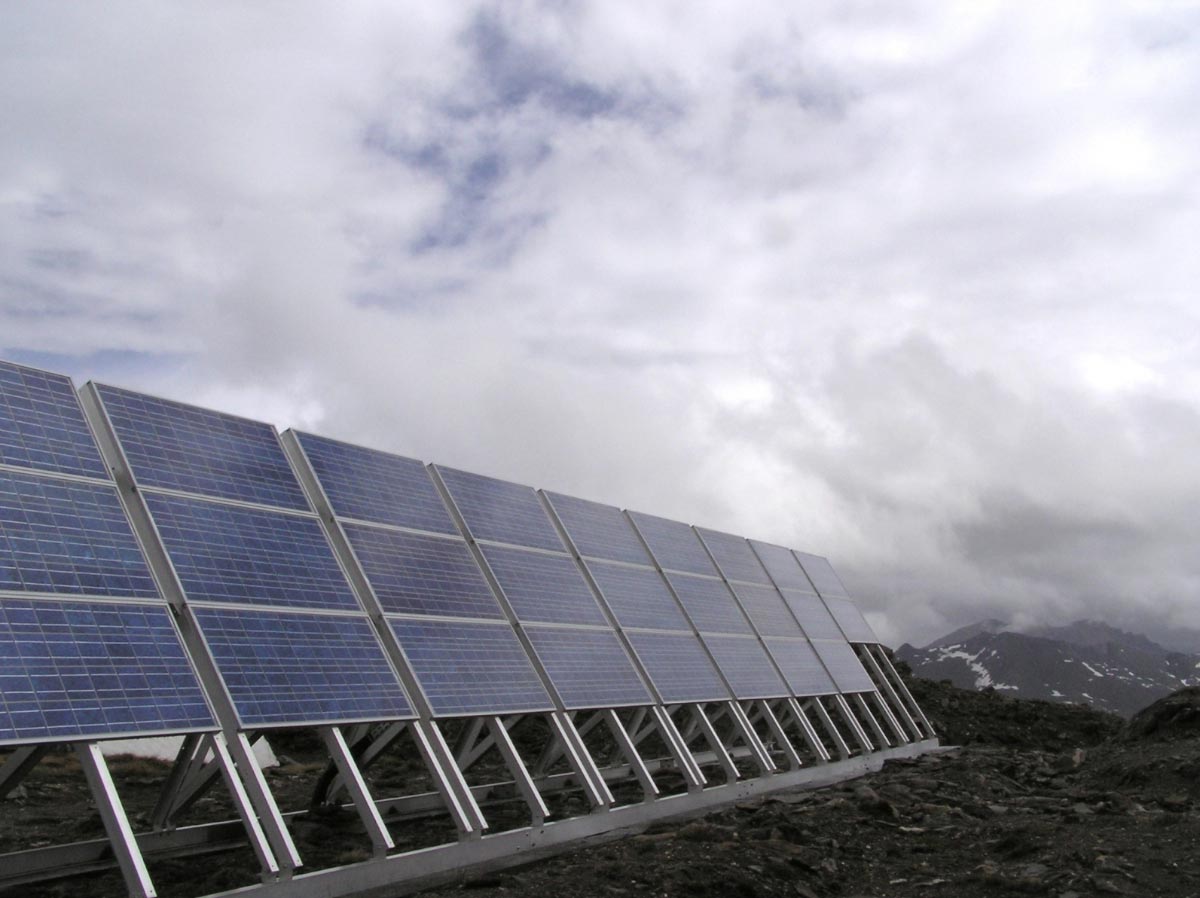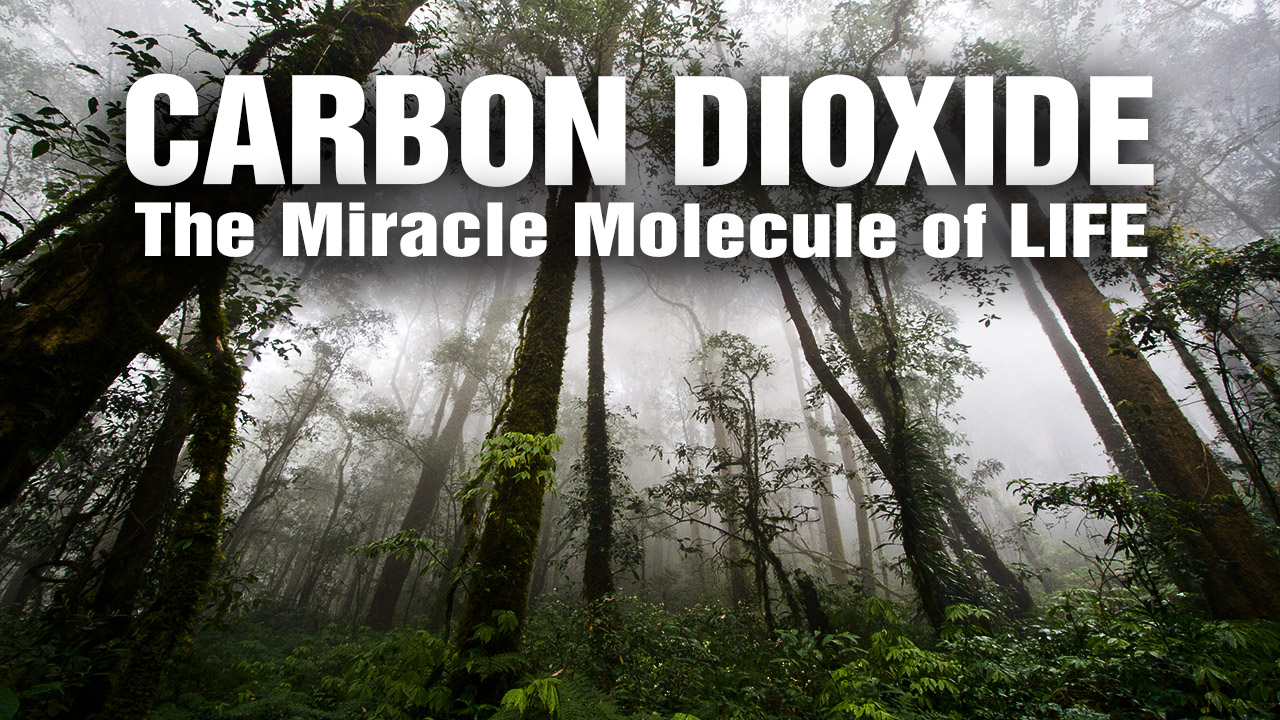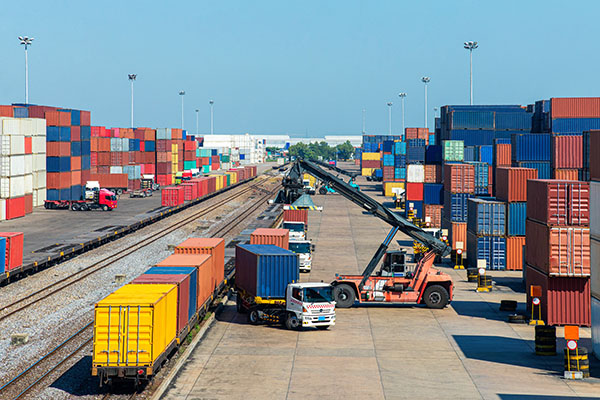French startup opens world’s first solar panel recycling factory to address “waste mountain” expected by 2050
06/14/2023 / By Laura Harris

In an effort to address the impending environmental disaster posed by the disposal of billions of used-up solar panels, a French startup is set to open the world’s first factory dedicated to fully recycling solar panels by the end of June.
The factory, owned by specialist solar recycling company ROSI, aims to extract and reuse up to 99 percent of a thrown-out solar panel’s components, including its precious metals.
Solar panels have an average lifespan of 25 to 30 years, at most, and experts warn that this relatively short lifetime will force the world to soon face a monumental waste problem as more and more of these solar panels reach the endpoint of their usability. (Related: Relying solely on wind and solar power requires the TAKEOVER of so much land compared to fossil fuels.)
“The world has installed more than one terawatt of solar capacity,” noted Rong Deng, an expert in solar panel recycling at the University of New South Wales in Australia. “Ordinary solar panels have a capacity of about 400 watts, so if you count both rooftops and solar farms, there could be as many as 2.5 billion solar panels [in use today].”
The lack of specialized infrastructure in place for scrapping and recycling solar panels has become a pressing issue. For instance, the British government has acknowledged that there are tens of millions of solar panels in the United Kingdom, but it laments the absence of proper recycling facilities. Energy experts have urged governments around the world to take immediate action to prevent a global environmental disaster.
The new ROSI factory is a major step toward addressing this issue. The facility will seek to recover almost all the valuable materials used in the making of solar panels, including metals like silver and copper.
These precious materials, typically difficult to extract, can be recycled and used to manufacture new, more efficient solar panels. The traditional methods of recycling solar panels have focused on recovering the aluminum and glass in the panels, but the quality of the glass acquired using those methods is relatively low and unsuitable for producing new solar panels.
Solar panel waste is an eco-disaster waiting to happen
The opening of the ROSI plant in the French Alpine city of Grenoble comes at a time when solar panel installations worldwide are growing rapidly.
In 2021, the share of global energy generation coming from solar increased by 22 percent. The U.K. installs approximately 13,000 photovoltaic solar panels each month, predominantly on residential rooftops.
The rapid growth of solar panel use, coupled with the increasing frequency of replacing panels, is expected to contribute to a massive accumulation of scrap panels in the future.
“It’s going to be a waste mountain by 2050, unless we get recycling chains going now,” warned Ute Collier, deputy director of the International Renewable Energy Agency. “We’re producing more and more solar panels – which is great – but how are we going to deal with the waste?”
Collier noted that, by 2030, the world could have up to four million metric tons (4.41 million tons) of scrap solar panels. But, by 2050, that number could exponentially multiply to more than 200 million metric tons (220 million tons) of scrap globally.”
Learn more about the downsides to relying solely on solar power at SolarPanels.news.
Watch this video to learn more about how the widespread use of solar panels actually adds to the climate problem.
This video is from the channel TheMoreUKnow on Brighteon.com.
More related stories:
Canadian wildfire smoke blocking sun, causing solar panels to produce 50% less energy.
Solar and wind can’t replace fossil fuel, points out economist Peter Hartley.
IRONY: “Green” solar energy creating massive landfill waste problem in California.
Renewable energy is creating a new set of environmental problems.
Sources include:
Submit a correction >>
Tagged Under:
climate change, disaster, eco-disaster, energy supply, environment, France, green living, Green New Deal, green tyranny, power, power grid, recycling, renewable energy, ROSI, solar panel waste, solar panels, solar power
This article may contain statements that reflect the opinion of the author
RECENT NEWS & ARTICLES
COPYRIGHT © 2017 GREEN LIVING NEWS




















